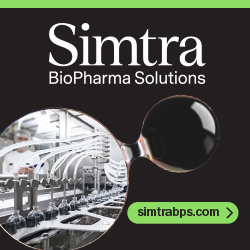FDA Accepts for Priority Review Bristol-Myers Squibb’s Supplemental Biologics License Application for Opdivo
Bristol-Myers Squibb Company recently announced the US FDA accepted a supplemental Biologics License Application (sBLA), which seeks to expand the use of Opdivo to patients with classical Hodgkin lymphoma (cHL) after prior therapies. The application included CheckMate -205 data, which evaluated Opdivo in cHL patients who have received autologous stem cell transplant and brentuximab vedotin. The FDA granted the application a priority review and previously granted Opdivo Breakthrough Therapy Designation for cHL on May 14, 2014. According to the FDA, Breakthrough Therapy Designation is intended to expedite the development and review of drugs for serious or life-threatening conditions.
“There is a significant burden on classical Hodgkin lymphoma patients who do not respond to initial treatment, and they need new treatment options that address the disease in a different way,” said Jean Viallet, MD, Oncology Global Clinical Research Lead, Bristol-Myers Squibb. “With the Agency’s acceptance of our application, Opdivo has the potential to be the first PD-1 inhibitor in hematology, allowing us to expand Immuno-Oncology beyond solid tumors to patients with classical Hodgkin lymphoma and strengthen our hematology franchise.”
CheckMate -205 is a Phase II study evaluating the safety and efficacy of Opdivo in patients with relapsed or refractory cHL. Data from this trial are expected to be presented at a medical meeting later this year.
Hodgkin lymphoma, which also is known as Hodgkin disease, is one of two main types of lymphoma, a group of cancers most often beginning in the lymph nodes. Hodgkin lymphoma is characterized by malignant lymphocytes called Reed-Sternberg cells. The other type of lymphoma is non-Hodgkin lymphoma, which is much more common. Hodgkin lymphoma affects nearly 190,000 people in the US, with about 8,500 new cases and 1,120 deaths expected this year. There remains a significant unmet need for patients who have relapsed or have become refractory to current treatments.
Total Page Views: 1048

















